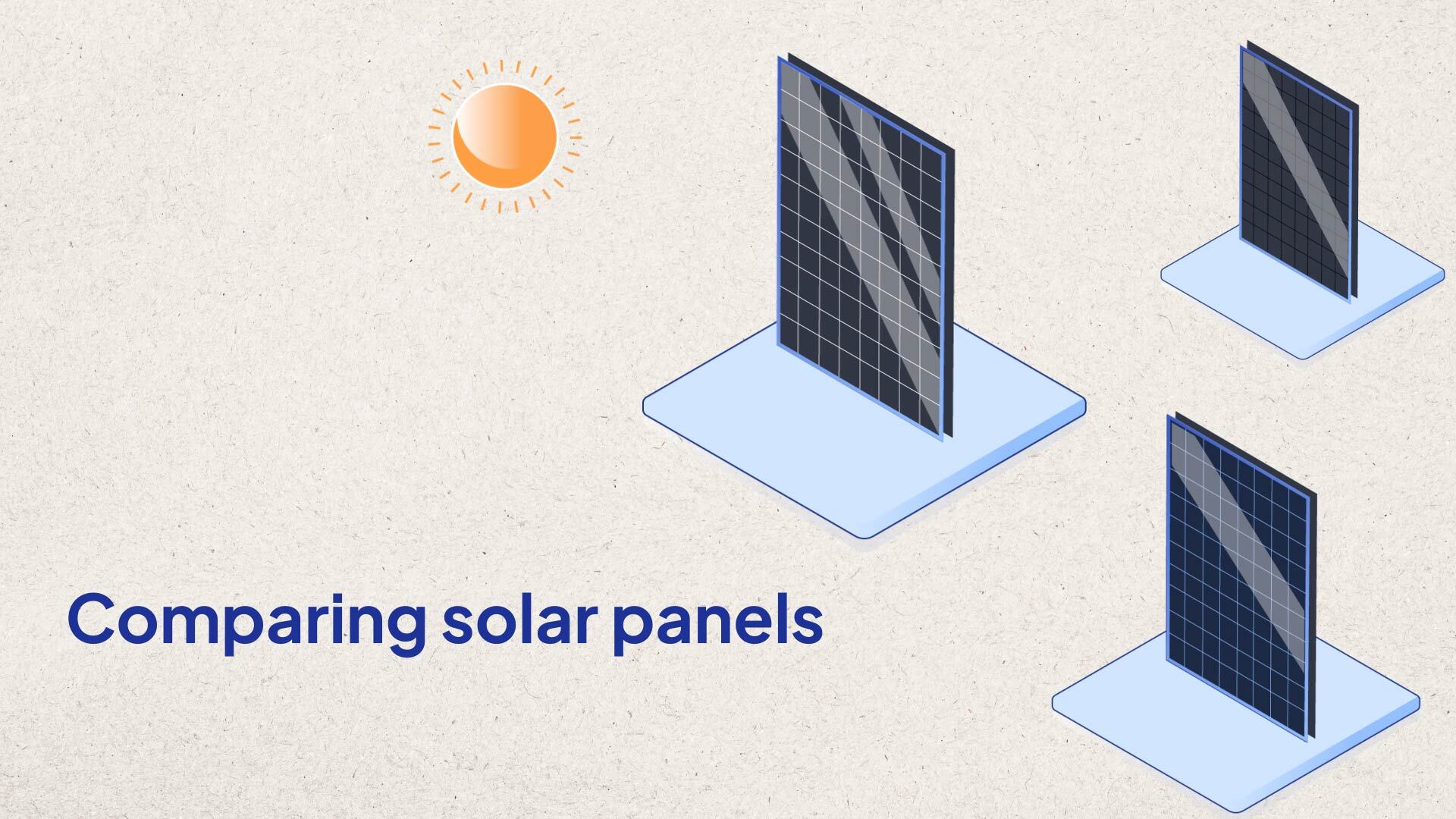The President has expressed his intent to encourage American manufacturing:
and the administration has announced it may impose emergency anti-dumping tariffs on imported solar panels:
independent.co.uk/news/world/americas/us-politics/donald-trump-us-solar-panels-job-losses-bankrupt-import-tariffs-taxes-china-a7763941.html
(There's also talk of a general "border adjustment tax" which would drive up prices of all imports,
forbes.com/sites/gregpetro/2017/04/28/bat-2-0-dont-take-your-eye-off-the-bat )
Next door, Europe's solar manufacturers are alarmed at the thought of losing to foreign competition, and are arguing for similar action:
pv-magazine.com/2017/07/05/european-pv-manufacturing-must-be-preserved-say-more-than-50-organizations/
If efforts to reduce imports of solar panels succeed, solar install costs would rise, possibly driving some installers out of business:
nytimes.com/2017/06/30/business/energy-environment/solar-energy-trade-china-trump.html
But the US earlier brought a successful WTO complaint against India for preferring Indian solar panels:
reuters.com/article/us-india-usa-solar-idUSKCN11M1MQ
so any such change might not stand for long without triggering a trade war.
So... how do people feel about this?
Should the US engage in industrial policy here to preserve American manufacturing jobs and energy independence, or let free trade reign and enjoy the low cost imports while they're there, and not worry about the trade imbalance?
And might the President want to use solar import duties as a patriotic way to gently guide the country away from wasting resources on renewable energy, and back to good old red-blooded American coal and oil?
This seems eminently discussable!
and the administration has announced it may impose emergency anti-dumping tariffs on imported solar panels:
independent.co.uk/news/world/americas/us-politics/donald-trump-us-solar-panels-job-losses-bankrupt-import-tariffs-taxes-china-a7763941.html
(There's also talk of a general "border adjustment tax" which would drive up prices of all imports,
forbes.com/sites/gregpetro/2017/04/28/bat-2-0-dont-take-your-eye-off-the-bat )
Next door, Europe's solar manufacturers are alarmed at the thought of losing to foreign competition, and are arguing for similar action:
pv-magazine.com/2017/07/05/european-pv-manufacturing-must-be-preserved-say-more-than-50-organizations/
If efforts to reduce imports of solar panels succeed, solar install costs would rise, possibly driving some installers out of business:
nytimes.com/2017/06/30/business/energy-environment/solar-energy-trade-china-trump.html
But the US earlier brought a successful WTO complaint against India for preferring Indian solar panels:
reuters.com/article/us-india-usa-solar-idUSKCN11M1MQ
so any such change might not stand for long without triggering a trade war.
So... how do people feel about this?
Should the US engage in industrial policy here to preserve American manufacturing jobs and energy independence, or let free trade reign and enjoy the low cost imports while they're there, and not worry about the trade imbalance?
And might the President want to use solar import duties as a patriotic way to gently guide the country away from wasting resources on renewable energy, and back to good old red-blooded American coal and oil?
This seems eminently discussable!


Comment